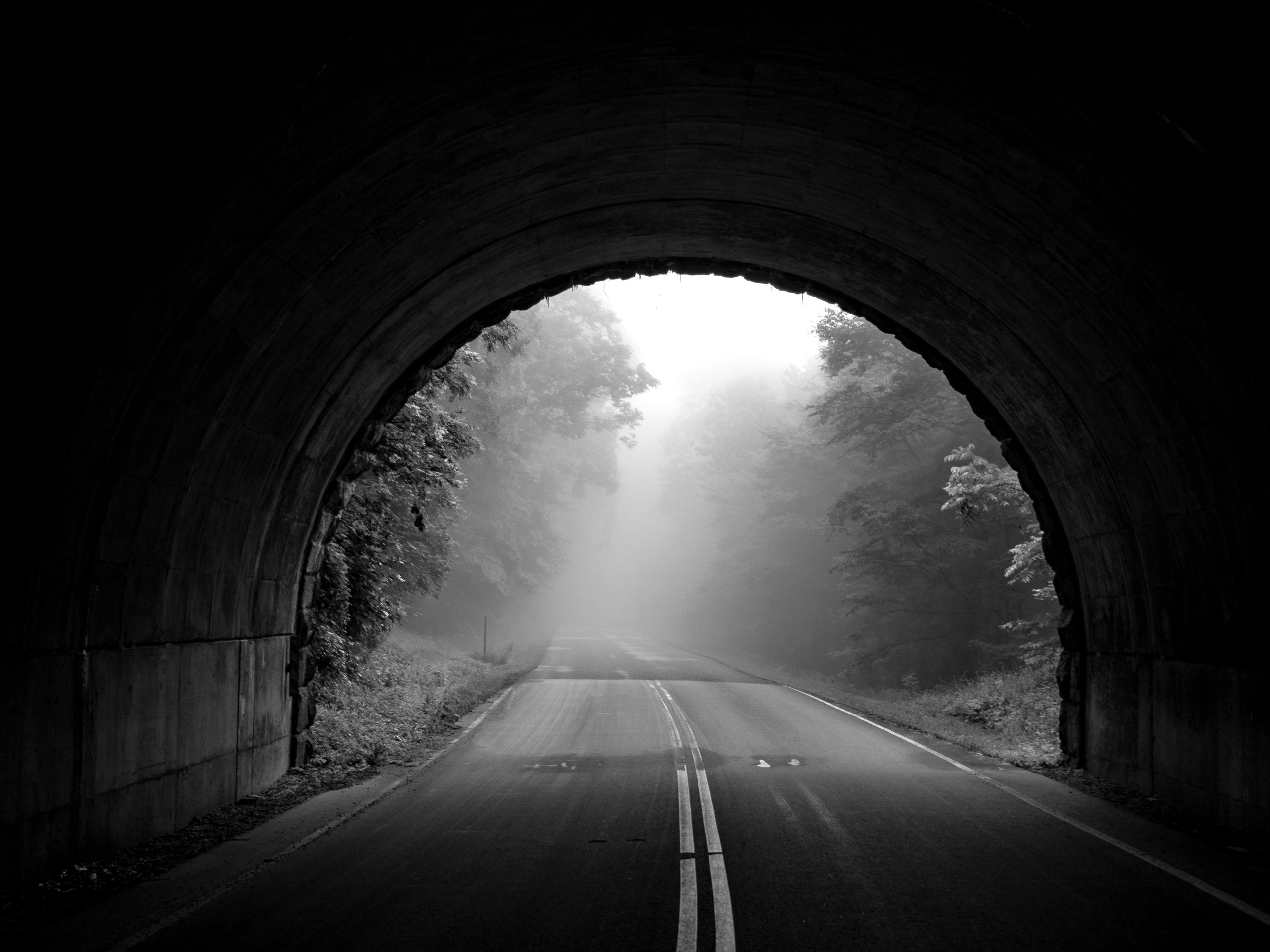Mysterious Ways
December 1, 2021About a decade ago, my husband and I traded in our old cell phones for iPhones, a move that heralded a subtle but profound change in our lives.
You see, wherever we go, we have instant access to the internet in our pockets. With Google, Wikipedia, the Internet Movie Database and other sites at our fingertips at all times, most questions that come up in conversation can be answered in a matter of minutes. Our shorthand for this phenomenon is “no mysteries.”
There are many fewer mysteries in our lives since this technology attached itself to our hips. And that’s not always a good thing.
You see, I love mystery.
I love being surrounded by the unknown and the unknowable.
I love living in a universe whose known parts are dwarfed by the immensity and vastness of those parts yet to be discovered.
I love being a human whose knowledge is just deep enough to reveal all of the things I do not know and never will.
As a child, I devoured mystery books by the dozens, graduating quickly from The Hardy Boys and Nancy Drew to Agatha Christie and beyond. I was invariably upset at the end when everything was tied together neatly.
What makes a good novel, I guess, isn’t the stuff of real life, in which the right answers are, more often than not, never known. I’m pretty sure there’s not a single book in which Hercule Poirot or Miss Marple gathered people together at the end and pronounced “I haven’t the foggiest idea who did it.”
Now that would be a mystery. And I’d love it.
I knew I had found the right college for me when the essay I was asked to write was to ponder “a question with no provable answer.” I should have re-examined my intended major, though, when I wrote my es say on belief in God—it would have saved me lots of time wandering in the desert of cell biology.
I became a scientist not because I thought it would be a way to find answers, but because it was a field based on questions.
I loved asking questions, probing their depths, removing successive layers of ignorance to reveal deeper and more numerous questions at every turn.
I loved the mysteries of science. I loved making guesses at the unprovable, amassing evidence for the unseeable, moving deeper into the unthinkable, and asking more questions than I ever answered.
I loved contributing to the mystery of the universe.
Ultimately, the mysteries of science weren’t enough for me, though. I moved on to being part of a greater mystery, a greater question: What is the purpose of our existence?
I know that there will never be an answer to that question that satisfies me. Rather than turning me off from the pursuit, though, it ignites my love, my passion, and my drive. I am energized and fed by the pursuit of unprovable knowledge—I am inspired to pay closer attention to all that I experience, lest I miss a clue, a path to the ultimate or an experience of the true.
I love mystery, and I love thinking that there is an unknowable love that surrounds us all—a love that can be sensed, but whose source remains beyond our comprehension.
It is this mysterious love that drives my ministry and asks me to seek connections with all the beings with whom I share this universe.
In their 1991 song “Mysterious Ways,” the group U2 sang of love that came from an unknown and unknowable source. Their song has the added bonus for me of mysterious meaning: people have debated for almost 30 years whether the song is about love between two humans or the love of God, referred to in the feminine. The band members aren’t saying. Good for them.
In that song, they sing:
One day you’ll look back,
and you’ll see
Where you were held now by
this love.
While you could stand there,
You could move on this moment
Follow this feeling.
That mysterious love holds us now—and yet we have no idea where it comes from. One day, it might be clear, but for now, just go with it. Just feel it, just kneel before it and make yourself humble in its presence. Wherever it comes from, whatever it means, whoever or whatever is its ultimate source—just let the love surround you.
It’s all right, they conclude, she moves in mysterious ways.
- Winter Magic - December 12, 2024
- Post-Election Message - November 20, 2024
- On Covenant and Accountability - September 11, 2024
Quest Monthly Print Edition
Recent Issues
Latest Spiritual Reflection Posts
Weekly Newsletter
About
Quest for Meaning is a program of the Church of the Larger Fellowship (CLF).
As a Unitarian Universalist congregation with no geographical boundary, the CLF creates global spiritual community, rooted in profound love, which cultivates wonder, imagination, and the courage to act.
Contact
Church of the Larger Fellowship Unitarian Universalist (CLFUU)
24 Farnsworth Street
Boston MA 02210

